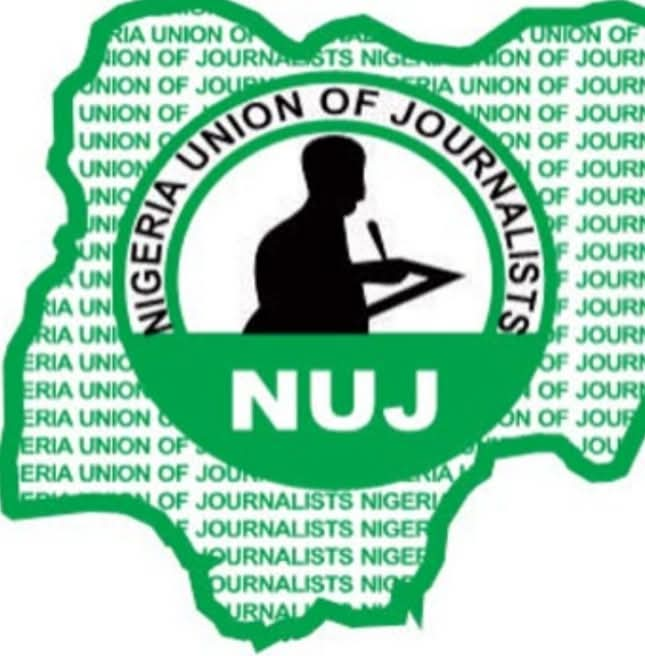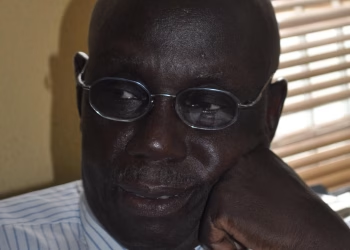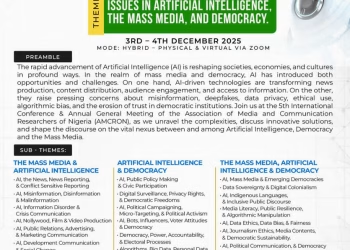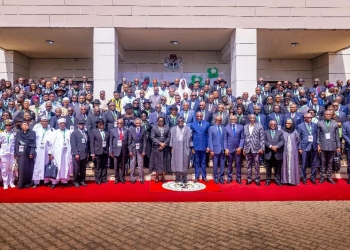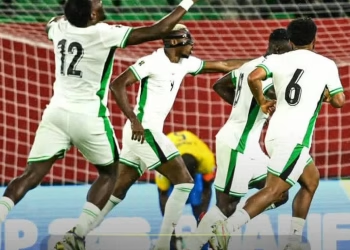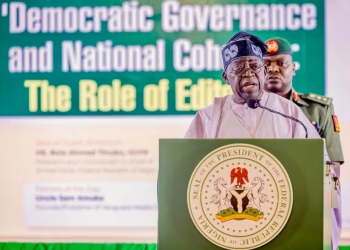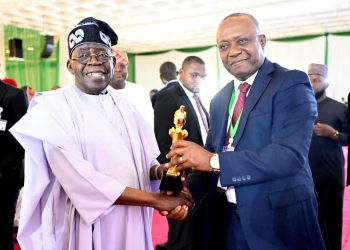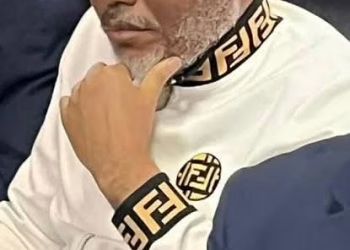By Adewale Adeoye
Today we have some people who control strategic media spaces but they devote such to promoting hooliganism. They do not only destroy the profession, but push journalism to moral decline
Nigeria is a terribly corrupt country led largely by extremely bad leaders. To engage them is not to do with a cutlass or with shot guns, but with the wisdom laden in the ink of our pen and the prowess on our lips. That is the only way we can disgrace bad leaders and hold them accountable.
Journalists need character and good manners to get the best from their subjects.
Journalism should be accompanied by ethics, dignity and character. When you are having an interview with someone, you get the best by showing that you respect the person. You should also bear in mind the moral responsibility to the larger society.
You get the best when you begin by asking questions that focus on the positive aspects of your subject.
That turns him on, then you gradually build your questions from soft to hard and from hard to tough.
The journalists must bear in mind that s(he) owes the public the obligation of extracting open and hidden information from the subject.
The journalist should realise that questions should be built like a trap hidden in the maze of a rat. You have to be diligent. You have to show intelligence and knowledg. You have to be patient.
If the trap for the mouse is too open, the rat will jump over it. If set the trap without adequate precautions, the trap will eat your bait and make you look foolish.
If you want to catch bigger rats like Okuru/grasscutter, you need to employ decoy, the carrot game of deceitful dinner, and your poison should look like a sumptuous meal.
A journalist is like a Doctor. If you start by abusing your patient, you would have added trauma to his afflictions. A good Doctor that want to perform operation on a patient in a theatre, should not give the impression that his mission is to kill the patient or that he already made up his mind the patient would not survive.
This is why I enjoy Seun Okinbaloye and some of his predecessors like Lekan Ashimi, Ladi Akereolu Ale, Yori or TVC and many others.
When interviewing people, you should also be able to commit the subject to devoting his energy to his obligations he owes the society, not obligation to you.
The subject owes no obligation to the journalist, but to the society.
Media organisations are owned by individuals, but they perform public functions making the people key stakeholders or nominal shareholders.
Journalists who get the best from their subjects are those that are calm, cool and collected.
The primary motive is not to embarrass your subject but to extract the most valuable information that hold him accountable to the people.
I once had the mission to interview Lt General Theophilus Danjuma at a most difficult time in Nigerian history.
That was in 1992 when political transition began its tumultuous sailing.
Gen Danjuma had not spoken to any journalist for a very long time. It was under Gen Babangida. Each journalist who visited his home came back to say he refused to grant interviews and even warned them never to come back again.
When I got there that morning, I met another journalist who had been sent packing right from the gate of Danjuma’s house which he just built in Lagos at that time.
I started by making friendship with the gate man who had instantly told me General didnt want to see any Journalist.
I told him no problem. I sat with him, bought him soft drinks and we started chatting. I asked about his family. I commended him for his diligence. I concentrated on the positive things I saw in him: his courtesy and even for allowing me to chat with him. We became friends. He told me to come back on another day. The second day I was there. I brought his gift from home-A unique piece of bread and sardine.
He was shocked. Gen.Danjuma was in the house. I told the gate man Gen Danjuma was someone I liked, that he should allow me to go inside and say hello to him, just to tell him I was one of his admirers.
After going in and out for a long time, he ushered me in. Gen Danjuma was outside. I prostrated immediately I saw him. He immediately ushered me into the living room. He was carried away by the courtesy.
I started with all his achievements and praised him as a major figure in Nigerian history. I told him millions of Nigerians were waiting for him to speak on the state of the Nation, that his voice was one of the most important the country sought.
He looked at him. He started speaking. Eventually, I engaged him for one hour. When I returned to the office, the newsroom was agog. My editor, Godwin Agbroko in The Guardian Newspapers was shocked. The story was the Cover story and it dominated national discourse for a long time.
I had the same en counter with former IG of Police, MD Yussuf who granted me interview. I started with simple to normal and then difficult questions.
One of the most difficult was interviews with victims of Choba rape. They were raped by soldiers posted to Rivers State. I went to them not as a journalist but as a sympathiser, someone trying to get justice for them not someone looking for exclusive-In that case, you would give the impression that you wanted to exploit the women to sell your newspaper.
I can’t forget how difficult It was to interview a woman married to another woman and then raised children through another an that must remain unknown to the community and to the children except only to the Man-Woman. My subjected was dreaded by everyone and was believed to posses harmful juju. But I had a pleasant interview with her and her children.
One other difficult interview was with Mr David LeClair, secret agent of the British who was the last Police Officer to leave Nigeria. He was a Police Commissioner in Nigeria until 1980 and he spoke Hausa fluently. It is customary for people in the secret service not t speak to the media, but he spoke with me after days of visiting his home in Lagos. He was then 79. The interview was celebrated by The Punch where I was Head of Investigation Desk.
I still have that interview and wish to rerun it. He exposed, unconsciously, so many things about Nigerian history.
After the interview he had with me, he never before spoke with anyone and he never did all through out his career. I don’t know if he is still alive.
There is a difference between interviews and media bullying.
It is good for a journalist to be courageous, but courage is not the same as unbridled hooliganism and infantile radical disorder.
We must not allow the valour of the Nigeria built since 1859 to be destroyed by profit seeing bigots hiding under Journalism
But in a society where bullying, violence, rash instincts are rewarded, a lot of people may line up behind unethical and immoral practices of some journalists under the guise of radical journalism. Some journalists needed to be demilitarised.
These set of journalists are not only destroying the profession, they are painting a dignified profession with the brush of blackmail and aggressive assault. They are Talibanising the media.

